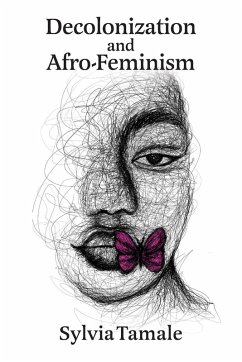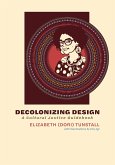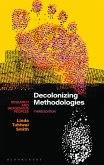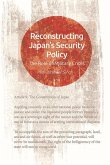The overall objective of the book is to foreground feminist perspectives within the African decolonization debate, exposing the intersectional dynamic between forces such as racialism, capitalism and patriarchy. Power and resistance are the main themes of the volume. The prefix "de-" in the term "decolonization" connotes an active action of undoing or reversal. For Africa, the concept is heavily burdened with deep and complex histories, many of whose consequences are irreversible. The book speaks to the dismantling of the several layers of entrenched colonial structures, ideologies, narratives, identities and practices that pervade every aspect of our lives. And yet, Africa must think beyond de-construction; after all, the term itself forces us back, time and again, into the arms of the colonial. Ultimately, the African agenda for decolonization must involve re-constructions, re-clamations and re-assertions. Chapter One establishes the backdrop against which the rest of the book is built, followed by Chapter Two which elaborates on the decolonization processes. Chapter Three introduces African feminisms within the context of coloniality, exploring the landscape of women and gender studies on the continent before zeroing-in on the concept of intersectionality and its link to decolonization. The chapter closes with a discussion of a particular form of intersectionality which exposes the nature of human oppression within patriarchy and its connection to the exploitation of the natural environment. Here, Africa's traditional relationship with nature is linked to the concept of Afro-ecofeminism. In Chapter Four I challenge the coloniality of the normative concepts of sex, gender and sexuality, empitomized in the case of South African Olympic Athlete, Caster Semenya. Through a juxtaposition of Semenya's story with that of another Olympian, Michael Phelps, the chapter analyzes the colonial power dynamics at play in reinforcing dualistic gender norms and heteronormativity. Chapter Five of the book tackles the issue of legal pluralism, as understood and applied on the continent. Issues relating to customary law, popular justice and religious relativism are critically analyzed within the context of coloniality. Unpacking the concept of human rights is the main goal of the sixth chapter, particularly its relevance to gender justice, critiquing the very concept of "gender equality," rings hollow to the lived experiences of most African women. The African concept of Ubuntu is flagged as one possible alternative for women's social justice. In Chapter Seven, the work turns to the subject matter of decolonizing the African Academy. What role do these institutions-whose roots and discourse are deeply embedded in colonial history-play in lifting the continent out of underdevelopment? After a brief discussion of internalized colonization, the chapter suggests five different ways that the African Academy can liberate itself from the yoke of colonialism. The penultimate chapter discusses the institution of the family in Africa using Uganda as a case study. It examines the role of the family in perpetuating hetero-patriarchal capitalism and discusses the efficacy of public interest litigation as a strategy for gender justice. The final chapter investigates the Pan-Africanist movement from a feminist point of view, with the goal of surfacing the work and ideas of women which have been invisibilized within this historical movement. An epilogue at the end of the book charts out Africa's challenges in the age of big data and the new digital colonialism.
Hinweis: Dieser Artikel kann nur an eine deutsche Lieferadresse ausgeliefert werden.
Hinweis: Dieser Artikel kann nur an eine deutsche Lieferadresse ausgeliefert werden.








